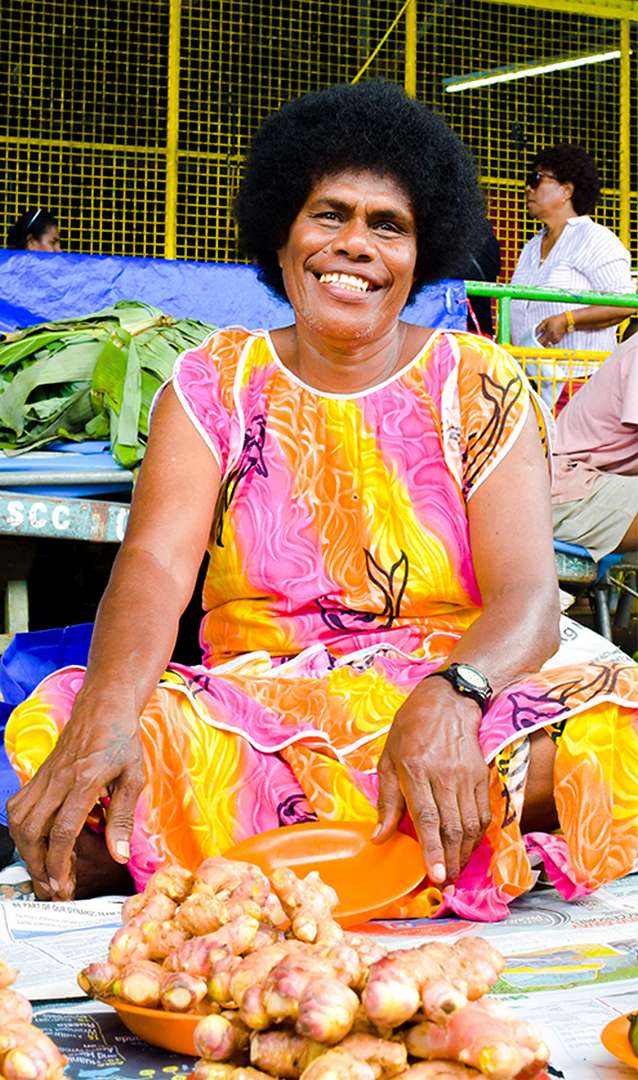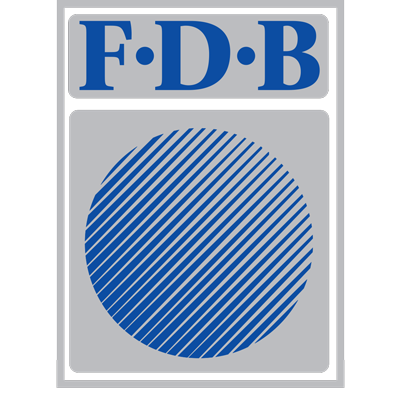FDB’s mandate is unique. It clearly distinguishes it from commercial financial institutions for the following broad reasons.

Strong Development Mandate
The Bank is committed to its mission of delivering on objectives that support the economic development of Fiji and in particular in the sustainable development of agriculture; manufacturing; wholesale and retail; professional and business services; building and construction; sustainable mining and quarrying; real estate (development); tourism; transportation, communication technology, storage and the renewable energy sectors.
Its core business is initiating and delivering financial solutions.
Unlike commercial banks, FDB’s strong development mandate is balanced with generating financial returns that are necessary in ensuring the Bank is able to remain commercially viable. The Bank also aims to be financially sustainable in the long term to allow it to deliver consistently on its development mandate.
This focus on overall financial stability rather than profitability allows FDB to fund areas that are riskier but emerging, innovative and technologically advanced. Such lending involves some degree of risk that commercial lenders may not be willing to take on.
Targeting Development Impact Finance
As a DFI, the Bank is in a position t finance directly those sectors of the economy that contribute towards achieving the national development goals, National Budget initiatives and Sustainable Development Goals (SDGs).
It further adds value by targeting strategic sectors of the economy. This includes supporting those customers that are in need of access to finance as well as those projects that have the highest multiplier effect, both economically and socially.
Local communities and vulnerable groups, including women, youths, cooperatives and Small and Medium Enterprises (SMEs) are unlikely to be supported by traditional financial institutions in their initial development.
FDB targets such customers and businesses and helps improve them by providing access to finance and investing in improving their skill sets through training and financial literacy programs. These help mitigate risks involved in sustaining businesses and ensures consistent loan conduct with the Bank.
Fills the Credit Supply Gap
FDB contributes towards building a robust financial sector in Fiji by stepping in to fill gaps in credit supply, allowing it to lend to businesses and projects that cannot normally access finance from commercial banks. FDB manages and mitigates risks of lending to such businesses and projects.
The Asian Development Bank (ADB) in its 2019 publication Finding Balance Study confirmed this ‘additionality’ provided by development banks.
Supports Economic Stability
The Bank is also an instrument in promoting economic stability by playing a counter-cyclical role during financial and economic downturns when the commercial financial sector may be in distress, by maintaining the supply of financing.


Fills the Credit Supply Gap
FDB contributes towards building a robust financial sector in Fiji by stepping in to fill gaps in credit supply, allowing it to lend to businesses and projects that cannot normally access finance from commercial banks. FDB manages and mitigates risks of lending to such businesses and projects.
The Asian Development Bank (ADB) in its 2019 publication Finding Balance Study confirmed this ‘additionality’ provided by development banks.
Supports Economic Stability
The Bank is also an instrument in promoting economic stability by playing a counter-cyclical role during financial and economic downturns when the commercial financial sector may be in distress, by maintaining the supply of financing.

